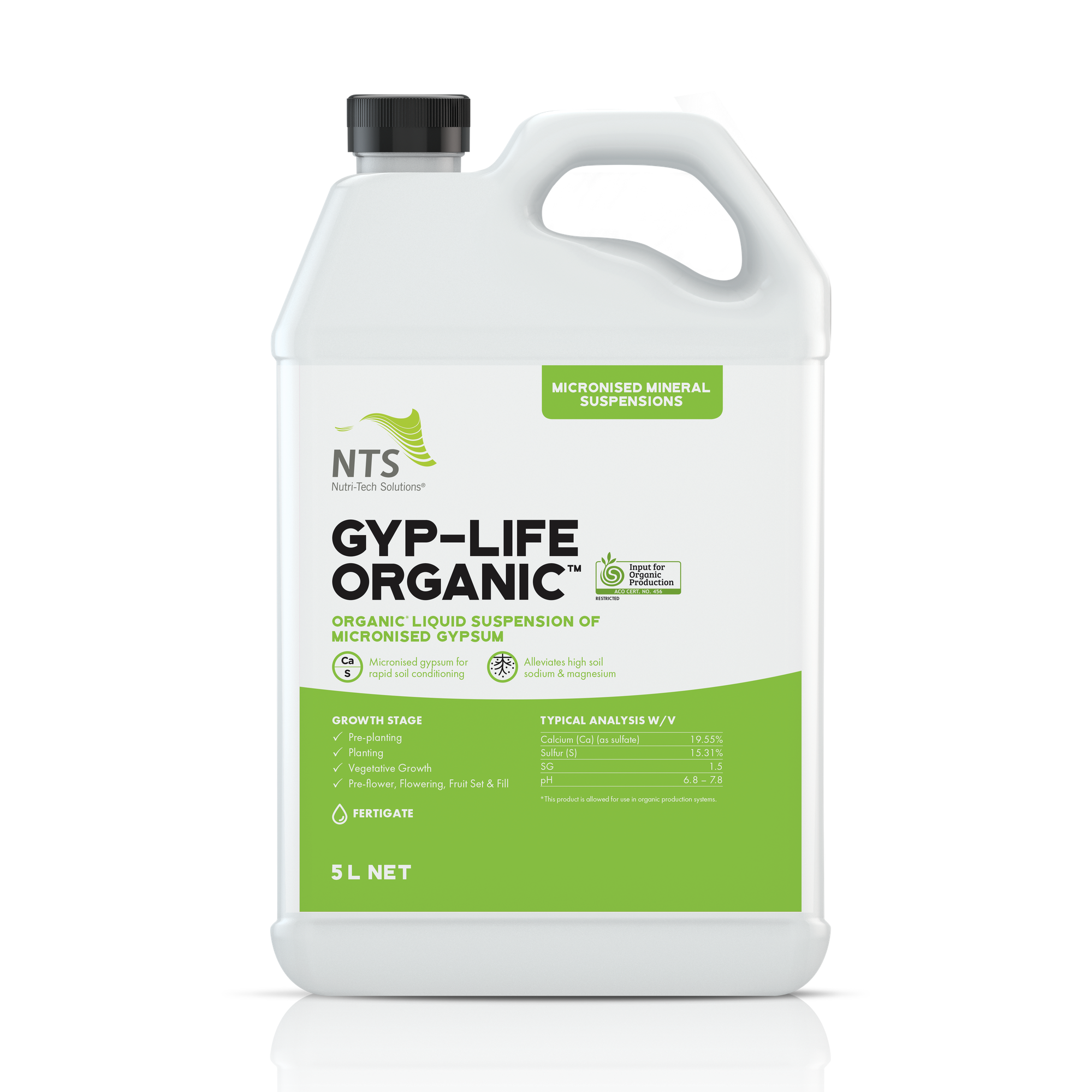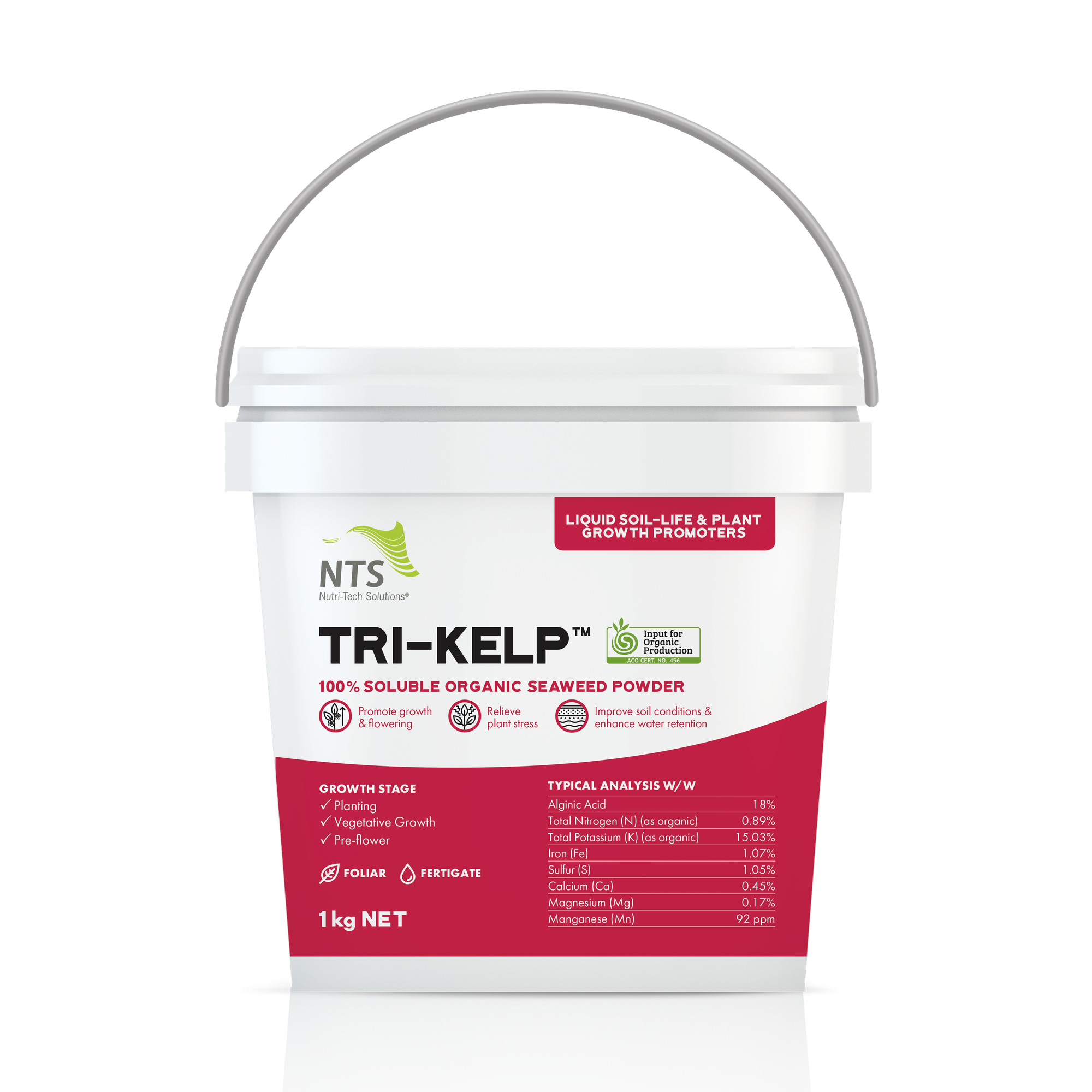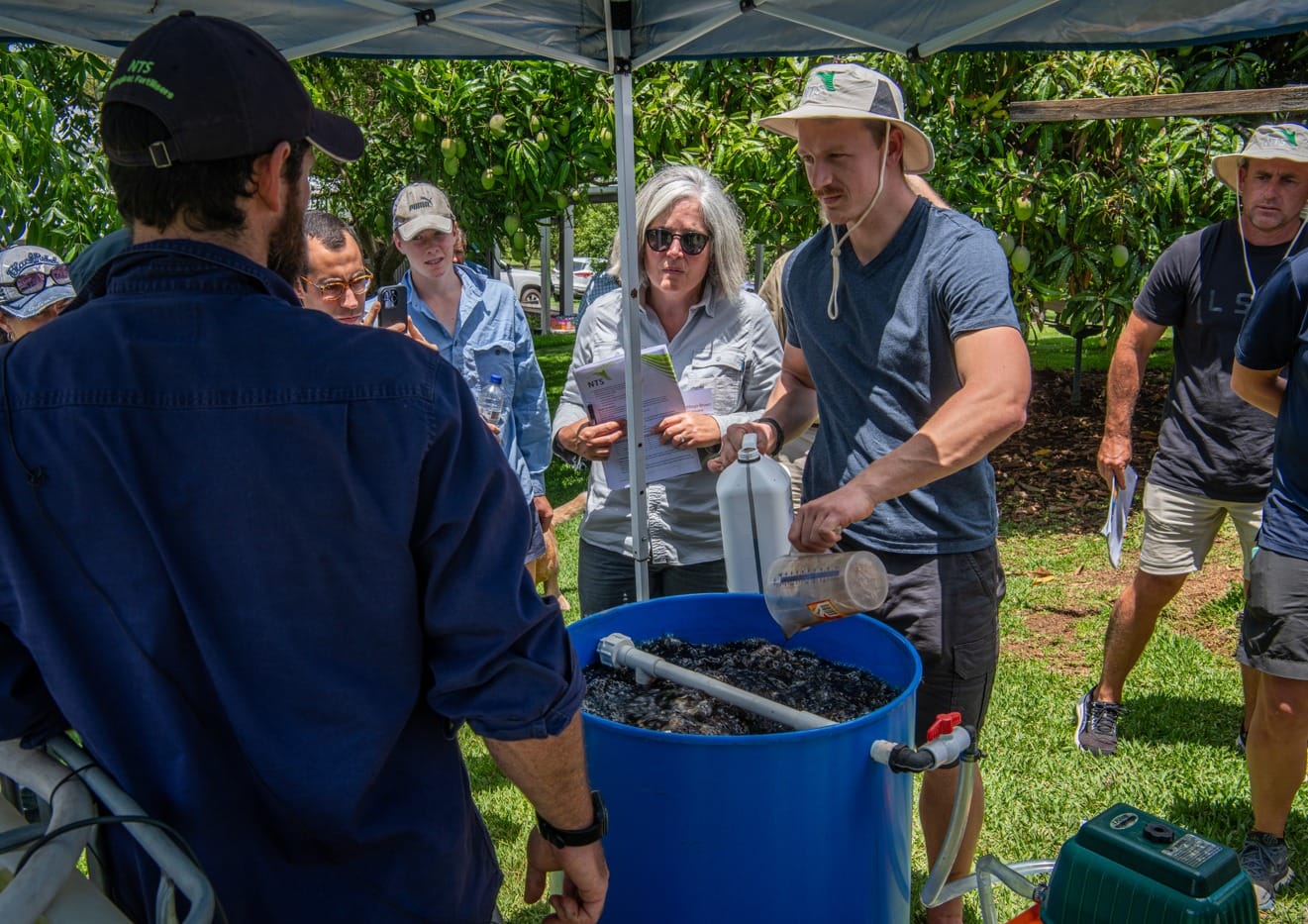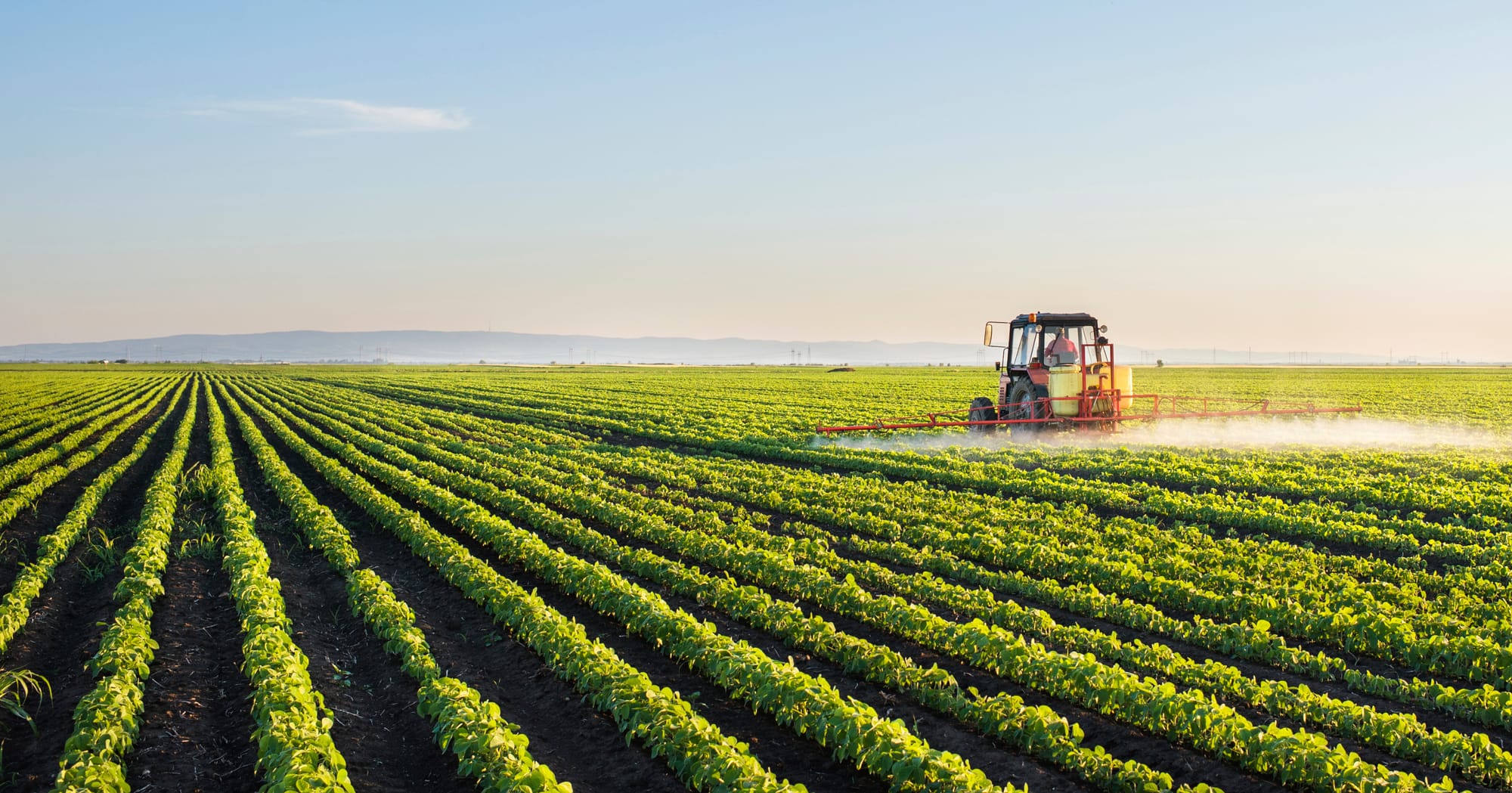🌱Tackling High Sodium Soils - How to S4E1🌿

Welcome back to another exciting season of the How To Do It video series! In this first episode, filmed at Nutrition Farms on the Sunshine Coast, we take a deep dive into one of the most common soil challenges faced by farmers worldwide — salinity and high sodium soils.
👉 What’s the Problem? High sodium soils can compromise soil structure, limit nutrient uptake, reduce crop resilience, and drastically impact yields. This episode explores not only the root causes of sodium build-up but, more importantly, the practical solutions that can be applied directly on the farm.
🌿 What You’ll Learn in This Episode:
- Why sodium becomes a problem in soils and how salinity stresses plants.
- The key differences between managing sodium at the soil level versus supporting the crop directly.
- Practical, step-by-step strategies to reduce the impact of sodium stress and protect yields.
- How to use amendments like gypsum and calcium sources to improve soil balance.
- The role of biostimulants, fulvic acid, and foliar nutrition in protecting plants under saline stress.
- Real-world examples of integrated solutions that work in both broadacre and horticultural systems.
💡 Practical Takeaway: This isn’t theory — it’s hands-on knowledge. By the end of this episode, you’ll have clear, actionable steps to restore soil structure, unlock nutrient availability, and safeguard plant health in the face of high sodium soils.
🎥 Filming at Nutrition Farms: We’re broadcasting straight from the paddock, sharing tips you can implement immediately. From soil test insights to foliar rescue strategies, everything here is grounded in real-world farming practice.
✨ Why Watch? If you’ve ever faced issues with salinity, sodicity, or sodium toxicity, this episode is essential viewing. You’ll discover how to shift from damage control to proactive management — giving your crops the resilience they need to thrive, even in tough conditions.
Footnote: Fulvic acid & FulvX
There is an important adjunct to my comment in this video about the unique NTS humic and fulvic concentrate, FulvX.
I stated that this soluble powder, involving 50/50 humic and fulvic acids, was “compatible with everything.” There are some provisos to this statement.
Unlike our standard NTS Soluble Fulvic Acid Powder, FulvX should never be added to herbicides or systemic fungicides because it involves an alkaline extraction. These chemicals all work more effectively in an acidic spray solution, so fulvic acid is perfect, but FulvX can be counterproductive.
We have also found that calcium nitrate is incompatible with FulvX powder if it is dissolved prior to the addition of the FulvX powder. There is no issue if FulvX is dissolved into the spray tank or fertigation tank before the addition of other nutrients.

Gyp-Life Organic™
The introduction of the “clay buster” in liquid form allows ease of application and more precision in placement.
A high-analysis source of micronised natural gypsum combined in a free-flowing suspension with fulvic acid. The soil conditioning capacity of gypsum is dramatically magnified with the huge increase in surface area associated with micronisation.

Tri-Kelp™
Soluble Organic Seaweed Powder
Different kelp species have unique effects upon plant health and crop potential depending upon their nutrient & hormonal profile. Tri-Kelp™ from NTS offers a unique formulation of the three most popular growth promoting seaweed species. Laminaria, Sargassum and Ascophyllum nodosum are the three components of a new 100% soluble seaweed powder, which promises to redefine the concept of cost-effective kelp.
To order or learn more, call NTS on (07) 5472 9900 or email sales@nutri-tech.com.au.
Certificate in Nutrition Farming

Our next iconic, five-day Certificate in Nutrition Farming® course is scheduled for Monday 27th - 31st October 2025.
Our last course was attended by growers and consultants from six countries. It was a wonderful learning opportunity where attendees enjoyed a wealth of education and inspiration from both our presenters and their fellow attendees. We only accept 40 bookings for these courses, so please register if you would like to attend.

